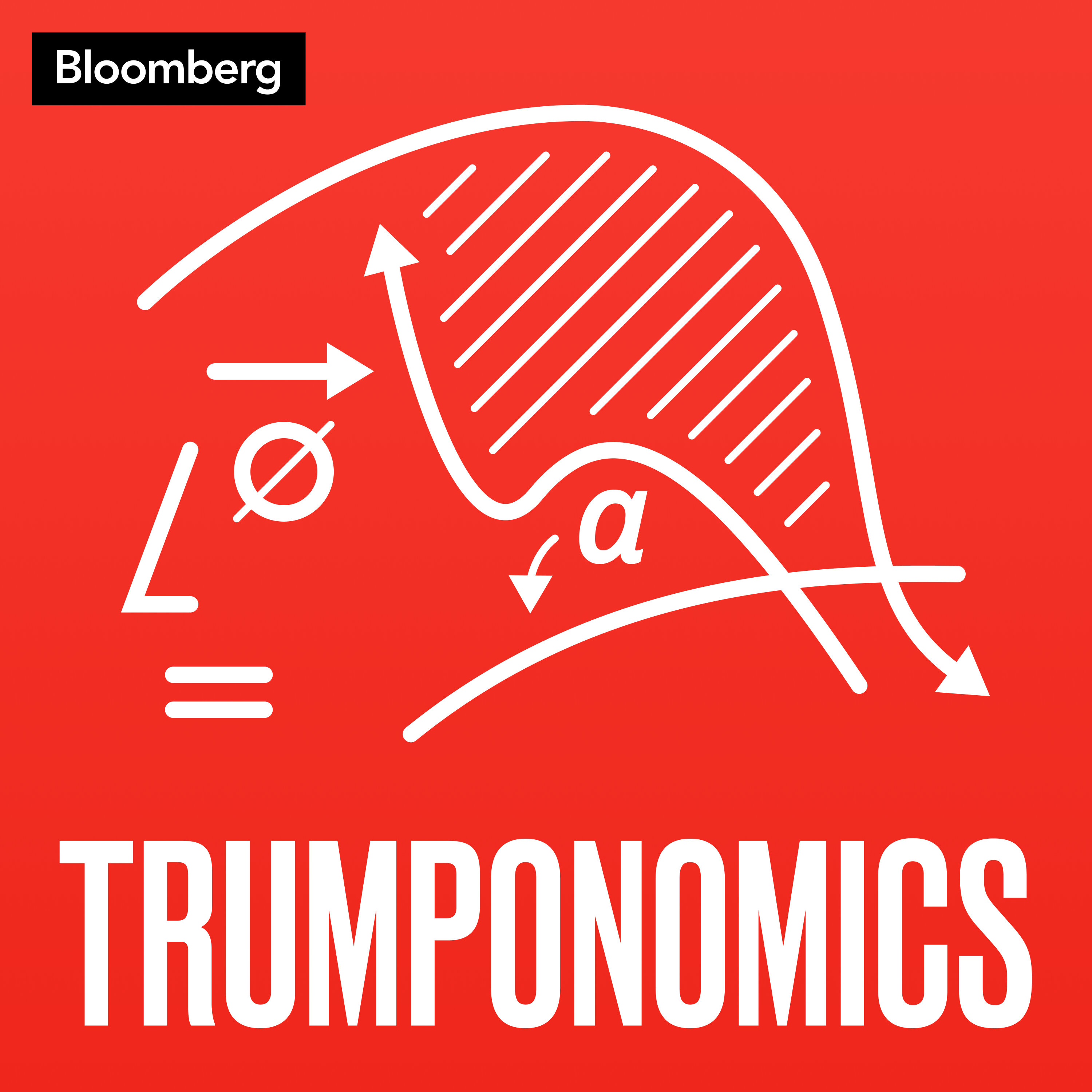
The Roots of Trump’s Global Trade War with Martin Wolf

Voternomics
Deep Dive
- Global trade imbalances are not accidental but a result of policy choices by surplus countries.
- Germany's export-driven economy and China's undervalued exchange rate are key factors.
- These policies have led to an unstable global economy, setting the stage for protectionism.
Shownotes Transcript
US President Donald Trump’s administration said it’s still finalizing plans to unveil what could be a barrage of new tariffs on America’s trading partners around the world. Trump contends he is waging his global trade war to fix a system he considers unfair to the US. On this week's Trumponomics podcast, we’re going to look at this strategy. But rather than analyze the potential economic impact, we instead look at how the world arrived at this moment.Host Stephanie Flanders is joined by Martin Wolf, chief economics commentator at the Financial Times. They discuss whether the countries now in the firing line of America’s tariffs (and primed to retaliate in kind) should have seen Trump’s trade war coming. They also explore how the trade imbalances the US administration is targeting aren’t an accident and can potentially lead to an unstable global economy.
See omnystudio.com/listener) for privacy information.